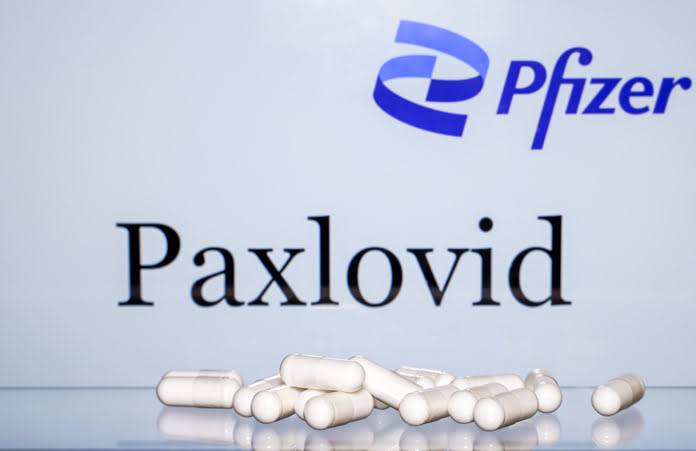Pharmaceutical giant Pfizer (NYSE:PFE) delivered an unexpected quarterly profit on Tuesday, buoyed by cost-saving measures and lower-than-anticipated returns of its COVID treatment, Paxlovid, from the U.S. government. However, the sales performance of some flagship products failed to meet Wall Street expectations.
For the fourth quarter, the New York-based drugmaker reported an adjusted earnings per share of 10 cents, defying analysts’ predictions of a 22 cents per share loss, as indicated by LSEG data. Despite an initial uptick of over 2%, Pfizer shares dipped 1.3% in morning trade.
While the quarterly revenue reached $14.25 billion, it fell short of Wall Street estimates, which had pegged it at $14.42 billion. Investors had turned away from Pfizer in the past year as pandemic concerns eased, leading to a substantial drop in COVID-19 vaccine and treatment sales. In response, the company embarked on a strategy involving the acquisition of cancer drugmaker Seagen, a $4 billion cost-cutting initiative, and internal restructuring.
Jeff Jonas, portfolio manager at Gabelli Funds, expressed concern about Pfizer’s non-COVID performance, noting lighter-than-expected revenues for products such as the breast cancer treatment Ibrance and the Prevnar pneumonia vaccine. Jonas remarked, “Historically I thought they had one of the best sales forces in the industry, and they’ve been able to at least sell and execute on drugs pretty well, even if their R&D maybe wasn’t always the best. But there have been some challenges there recently.”
Pfizer CEO Albert Bourla outlined plans to leverage a “more focused, efficient structure” to drive growth in new drugs. Bourla acknowledged disappointment over the launch of the new RSV vaccine Abrysvo, which significantly lagged behind a competitor shot from GSK (GSK.L). Ibrance, facing fierce competition from rival treatments, experienced a 12.6% sales decline to $1.12 billion in the quarter, below analysts’ forecasts of $1.23 billion.
Sales for Prevnar amounted to $1.61 billion, falling short of the $2 billion estimates, with the company attributing the shortfall to lower demand and “unfavorable timing of customer orders.”
While revenue from COVID products, including the Paxlovid antiviral treatment and the Comirnaty vaccine, met the company’s 2023 targets at $12.5 billion, it pales in comparison to the $57 billion peak in 2022. Pfizer renegotiated a contract in October, allowing the U.S. government to return unused Paxlovid inventory, resulting in a smaller-than-expected $3.5 billion revenue reversal for the quarter.
A Pfizer spokesperson acknowledged more use of the two-drug treatment than forecasted. However, the possibility of additional financial adjustments in the current quarter remains open as the window for U.S. government Paxlovid returns persists.
The company reaffirmed its 2024 adjusted profit and sales forecasts, anticipating earnings per share between $2.05 and $2.25 and revenue ranging from $58.5 billion to $61.5 billion. This includes a $3.1 billion contribution from cancer drugmaker Seagen and $8 billion in sales from Paxlovid and the COVID-19 vaccine Comirnaty, developed in partnership with German company BioNTech (22UAy.DE).
As part of its cost-cutting program, Pfizer has significantly reduced research and development spending. In the quarter, R&D expenses were down 22% to $2.82 billion, driven by lower compensation spending and reductions in vaccine and rare disease programs.
Featured Image: Megapixl















